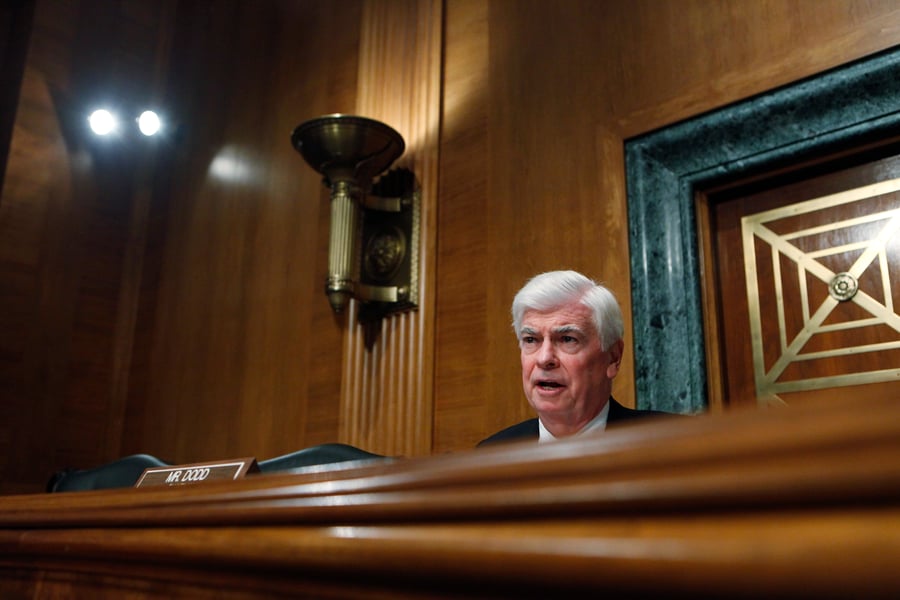State securities regulators are pushing to get House support for legislation allowing states to have greater oversight over private-placement offerings.
The North American Securities Administrators Association Inc. is backing a provision in the draft legislation released Nov. 10 by Senate Banking Committee Chairman Christopher Dodd, D-Conn., that would give states more power to regulate private placements.
State securities regulators have complained that the National Securities Markets Improvement Act of 1996 took away too much power from states over private placements. That, state regulators claim, has led to an increase in fraudulent offerings. (In an apparent first, an investment adviser has been named in a potential class-action lawsuit over private placements.
Read more.)
States would like more authority to oversee so-called “bad actors” — private-offering issuers who have prior convictions for securities fraud or other offenses. Currently, private placements are generally exempt from review, and states have no authority to stop people with a problem background from selling the placements.
“Before NSMIA, if John Brown wanted to do a private placement but he had been convicted of securities fraud, he couldn't use the exemption,” said Texas Securities Commissioner Denise Crawford, who is president of NASAA. “After NSMIA, the same John Brown could use the exemption” to sell private placements without registering.
States have seen more problems with fraudulent private-placement offerings since the NSMIA was enacted, Ms. Crawford said. The massive fraud allegedly perpetrated by Stanford Financial Group involved such offerings, she said.
“We're seeing all of these examples of those people who would not have been eligible to use the exemption prior to NSMIA using it and defrauding the public in the process,” she said. Previous to the NSMIA's enactment, states were able to shut down bad actors more quickly because all offerings had to be registered with state authorities.
“The dollar amount of securities that are sold pursuant to [the private-placement exemption] is in the billions,” Ms. Crawford said. “When you're talking about a market that is that large, you can just imagine the amount of losses that are caused needlessly.”
Many of the cases are too small for the Securities and Exchange Commission to pursue, she said.
Many of the cases are too small for the Securities and Exchange Commission to pursue, she said.
SEC spokesman John Nester said the agency has no position on the legislation. However, he said that, like the states, the SEC also is limited in overseeing private placement offerings under NSMIA. “You have to have a basis for believing fraud has been committed,” before action can be taken against firms selling the securities, he said.
NASAA is pushing for the House to include a provision similar to what is in the Senate draft. “The inclusion of the provision in Sen. Dodd's discussion draft will assist our continuing efforts,” Ms. Crawford said.
But attorneys who represent companies that sell private placements oppose allowing the states to require registration of the offerings.
“[Before the NSMIA], the states were totally non-uniform in the way they handled these filings,” said Alan Parness, chairman of the American Bar Association's Committee on State Regulation of Securities. “States made issuers' lives miserable with disparate requirements.”
Small businesses depend on private placements to raise capital, and private placements are also widely used by hedge funds, he said.
Most cases where states have encountered bad actors' selling private placements were situations where there was no attempt by the issuer to comply with securities laws at all, Mr. Parness said. “State laws were simply ignored by most issuers who would otherwise have been disqualified,” he wrote in an e-mail.
Mr. Parness, an attorney at Cadwalader Wickersham & Taft LLP, said he is not “conceptually” opposed to more federal restrictions that would disqualify bad actors from offering private securities. But he noted that “such action would do little to deter the real bad actors out there.”







